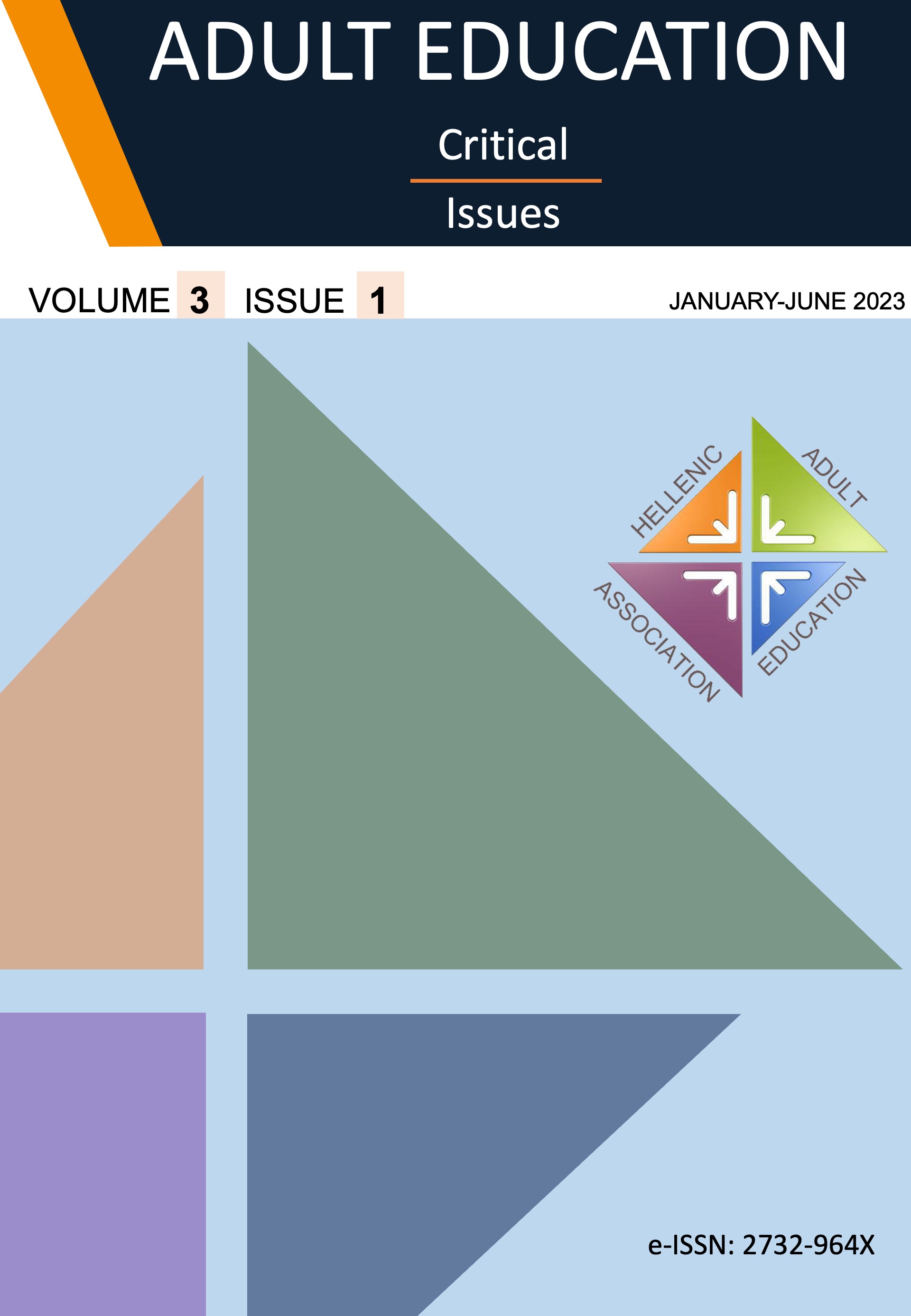The participation of immigrants in Second Chance Schools, in the region of Central Macedonia

Abstract
The purpose of this study was to investigate the participation of immigrants in Second Chance Schools (SCS), examining their incentives to participate, the possible barriers they encountered before enrolling, and those they probably face in terms of attendance and/or in the learning process, as well as their perceptions of the learning environment of SCS. 18 in-depth semi-structured interviews were conducted with trained immigrants of 4 Second Chance Schools in the Region of Central Macedonia. The findings indicate that the participants were motivated to enroll in the SCS by both intrinsic and extrinsic incentives, while multiple barriers, mainly situational and/or dispositional, hindered their enrollment. Similar barriers affected their attendance and learning process, along with those that have arisen due to the forced remote operation of SCS for coronavirus containment. However, they have developed a positive attitude towards the learning environment of SCS, emphasizing their satisfaction and praising the support of trainers.
Article Details
- How to Cite
-
Dakou, P., & Prokou, E. (2023). The participation of immigrants in Second Chance Schools, in the region of Central Macedonia. Adult Education Critical Issues, 3(1), 78–99. https://doi.org/10.12681/haea.31595
- Section
- Articles

This work is licensed under a Creative Commons Attribution 4.0 International License.
Authors who publish with this journal agree to the following terms:
- Authors retain copyright and grant the journal right of first publication with the work simultaneously licensed under a Creative Commons Attribution License that allows others to share the work with an acknowledgement of the work's authorship and initial publication in this journal.
- Authors are able to enter into separate, additional contractual arrangements for the non-exclusive distribution of the journal's published version of the work (e.g., post it to an institutional repository or publish it in a book), with an acknowledgement of its initial publication in this journal.
- Authors are permitted and encouraged to post their work online (e.g., in institutional repositories or on their website) prior to and during the submission process, as it can lead to productive exchanges, as well as earlier and greater citation of published work (See The Effect of Open Access).


